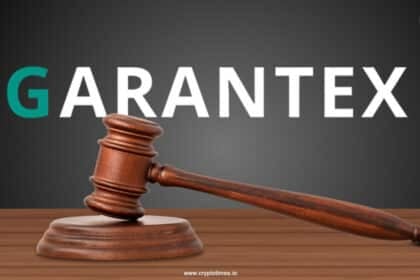Australia has proposed a regulatory framework to inculcate financial services laws for the crypto industry. The primary aim of this regulation is to ensure consumer protection via clarified laws and licenses for the space. The new framework would amend the existing Corporations Act 2001.
According to the proposal by the Australian Treasury and the Securities and Investment Commission (ASIC), it would require crypto operators to obtain an Australian Financial Services License (AFSL). They would also be required to comply with the same regulatory framework as traditional financial (TradFi) institutions.
This novel framework introduces two new categories: digital asset platforms and custody platforms. These platforms aim to resolve subjects related to conflict of interest, dispute resolution, and custody and settlement practices. The framework would cover packaged tokens, public token infrastructure, and staking services. It also comes at the same time when the ASIC has already rolled out a licensing exemption for stablecoin intermediaries.
“The focus of the framework is businesses that hold assets on behalf of clients, rather than on the digital assets themselves,” said the Treasury, adding that crypto assets already fall within the country’s existing frameworks and are treated in the same way as other assets.
The framework is open for public consultation, offering industry players and stakeholders an opportunity to provide feedback before the rules are finalized.
Last week, ASIC proposed changes to its Corporations (Stablecoin Distribution Exemption) Instrument 2025/631. The new rules state that intermediaries distributing stablecoins from individuals holding an Australian Financial Services (AFS) license are exempt from obtaining their own AFS, market, or clearing and settlement facility licenses.
If adopted, the new measures would place Australia in the same boat as the European Union (EU) and Hong Kong. These are economies that have comprehensive regulatory regimes for digital assets.
Stricter laws globally
With increased digital asset adoption, countries are also increasing their focus to set stricter and clearer rules. Earlier this year, Hong Kong proposed a comprehensive four-document regulatory framework for all stablecoin issuers operating in the region. These regulations provided strict licensing requirements for the issuers. However, earlier this month, simplified rules for stablecoins were introduced.
Last year, the EU passed the Markets in Crypto-Assets Regulation (MiCA). These were licensing requirements for issuers of asset-referenced tokens (ARTs) and e-money tokens (EMTs) within the EU. MiCA aimed to harmonize the previously fragmented landscape, enhancing legal certainty and consumer protection.
Also Read: Senate Finance Committee to Hear Crypto Tax Plans on October 1













